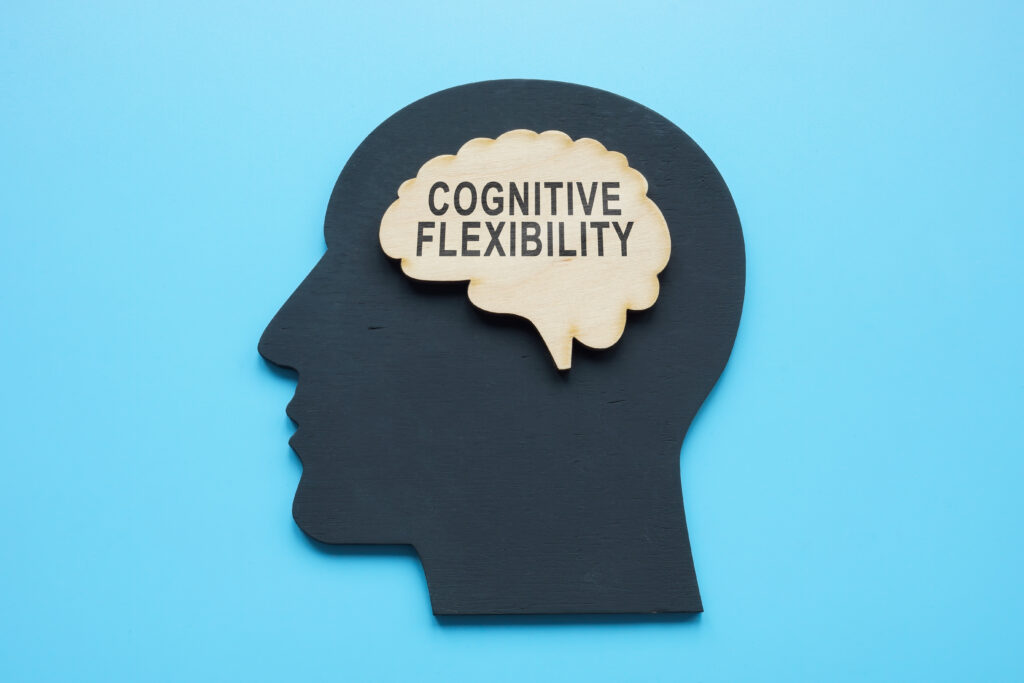### Protecting a Loved One’s Legacy with Strategic Legal Planning Amid Dementia
When a loved one is diagnosed with dementia, it can be a challenging and emotional time for the entire family. One of the most important steps you can take to ensure your loved one’s well-being and protect their legacy is to engage in strategic legal planning. This involves creating a comprehensive estate plan that addresses their current and future needs, particularly as their condition progresses.
#### Understanding the Importance of Early Planning
Dementia can significantly impair a person’s ability to make informed decisions about their financial and medical care. Advanced dementia renders a person unable to remember family members, understand their financial situation, and create or modify an estate plan. This is why it is crucial to establish critical legal documents while the individual is still able to make informed decisions[2].
#### Key Legal Documents
1. **Durable Power of Attorney (POA):** This document designates a trusted individual to manage financial responsibilities, such as paying bills, overseeing investments, and filing taxes. This ensures that someone you trust can handle these tasks on your behalf if you become unable to do so[2].
2. **Advance Healthcare Directives:** These documents outline healthcare preferences, including instructions on treatment decisions and end-of-life care. They reflect the individual’s values and wishes, taking the burden off loved ones who might otherwise have to make these difficult decisions[1].
3. **Wills and Trusts:** Living trusts and wills allow individuals to designate beneficiaries, protect assets, and reduce the risk of disputes among family members. Trusts can provide long-term benefits, such as tax advantages and financial oversight[2].
#### Estate Plan Revisions
Part of memory care planning involves revising your estate plan. A legal professional can examine your existing estate plan to determine if any changes are necessary. It’s essential to have your estate plan fully in place before dementia progresses. If you become legally incapacitated, you won’t be able to modify or revoke any documents. Working with an experienced estate planning attorney can help you maintain control over your assets and provide direction to your decision-makers in the future[1].
#### Financial Solutions
Dementia can lead to significant financial burdens, including the cost of care, medication, and other expenses. Planning for these costs is essential. This involves reviewing existing insurance policies, exploring Medicaid eligibility options, and filing veterans benefits claims. A knowledgeable elder law attorney can help identify financial solutions that are right for your family[1].
#### Protecting Against Undue Influence
As dementia progresses, it becomes harder for people to fully understand the consequences of their decisions. This is known as “capacity.” When someone’s capacity is diminished, they may be vulnerable to undue influence, where another person manipulates them into making decisions they would not normally make. Proper legal planning can help protect against such influences and ensure that decisions are made in the best interest of the individual[2].
#### Caregiver Agreements
Caregiver agreements and personal services contracts can be drawn up to formally employ a loved one as a caretaker for someone suffering from dementia or Alzheimer’s. These contracts can help combat real-life issues that are common in elder care, such as caretaker fatigue and the financial pressures of caring for someone[3].
### Conclusion
Protecting a loved one’s legacy with strategic legal planning amid dementia is not just about creating documents; it’s about ensuring their well-being, financial security, and the smooth transition of their assets. By engaging in early and comprehensive planning, you can reduce stress, prevent family conflicts, and ensure that your loved one receives the care and quality of life they deserve. Working with an experienced elder law attorney is crucial in navigating the complexities of dementia and Alzheimer’s, providing peace of mind for both the individual and their family.



